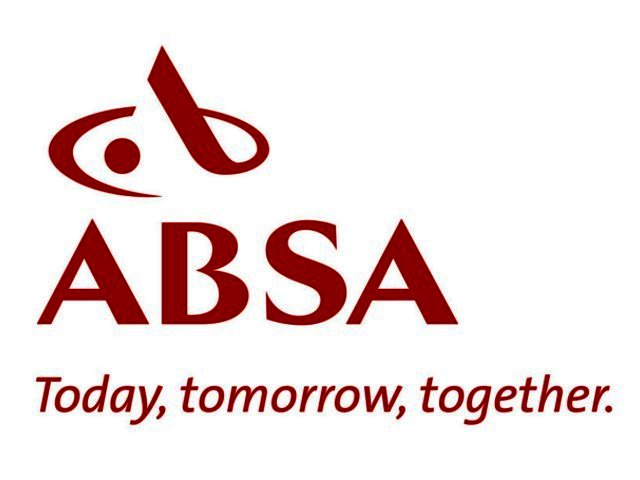
Factory fire burns up Astrapak’s profits
Johannesburg - Astrapak would close down more companies in its flexibles division as part of its turnaround process after it reported steep declines in earnings for the six months to August, chief executive Robin Moore said on Friday.
Headline earnings a share fell 51.4 percent to 10.7c in the six months to August, compared with 22c a year earlier.
The listed plastics company was unable to fully recover from a fire at one of its factories and has since closed down its packaging unit.
It has undergone a number of “reduction programmes” and staff restructuring as part of its two-year recovery programme. Moore said the flexibles part of the business required restructuring as it was not profitable.
Astrapak managing director Manley Diedloff said acquiring many businesses “was the right strategy at the time”.
“We were able to build a good footprint,” he said, adding that the company should have started evaluating the acquisitions two years ago.
It now plans to sell off more of its companies, following the sale of its packaging company, Alex White, and the Durban packaging unit, Packaging Consultants.
“The flexibles have been underperforming for a while now. We are restructuring the entire division,” Diedloff explained.
The fire at its East Rand Plastics factory resulted in damage to R56.3 million worth of fixed assets. Before the fire, the factory had generated almost half of the flexibles division revenue and disruptions to production were crippling the already struggling division.
The company made a loss related to exceptional items of R35m in the six months to August from the R4.8m loss last year. This sum included losses from insurance and impairments related to the closure of the East Rand operation.
Profit fell 13.9 percent to R252m in the period from R292m a year earlier.
The group’s shares have shed 15 percent this year and earlier this month reached their lowest level in more than five years.
Moore said the company had not fully recovered from fire damage but that it was on the road to recovery. The benefits of the programme would be seen in the next year.
The company also made significant senior staff changes in the past year to create a turnaround strategy and instil tighter control. “This is a two-year programme and we have created our own targets that we are comfortable we can meet,” Moore said.
Overall volumes in the flexibles and rigids divisions fell by a combined 5.4 percent while the average selling price slid by 6.6 percent. Revenue in the rigids division increased by 15.1 percent to R893.7m while the flexibles divisi on posted a decline of 23.7 percent.
36One Asset Management analyst Jean Pierre Verster said low consumer confidence and associated low consumer spending was causing packaging companies to close down.
“The closing down of local manufacturing capacity does not bode well for job creation, economic growth and self-sufficiency,” he said.
The flexible plastics industry was highly competitive and lacked pricing power.
“The fire at East Rand Plastics has opened a window of opportunity for them to accelerate the rationalisation process, since they will probably not invest the same amount of capital as what was employed by East Rand Plastics before the fire.”
By Zandi Shabalala
Get a free life insurance quote
http://www.insure-n-save.co.za/index.php/life-insurance
By Zandi Shabalala
Get a free life insurance quote
http://www.insure-n-save.co.za/index.php/life-insurance

 E-tolls 10 times more than fuel levy.
E-tolls 10 times more than fuel levy.



